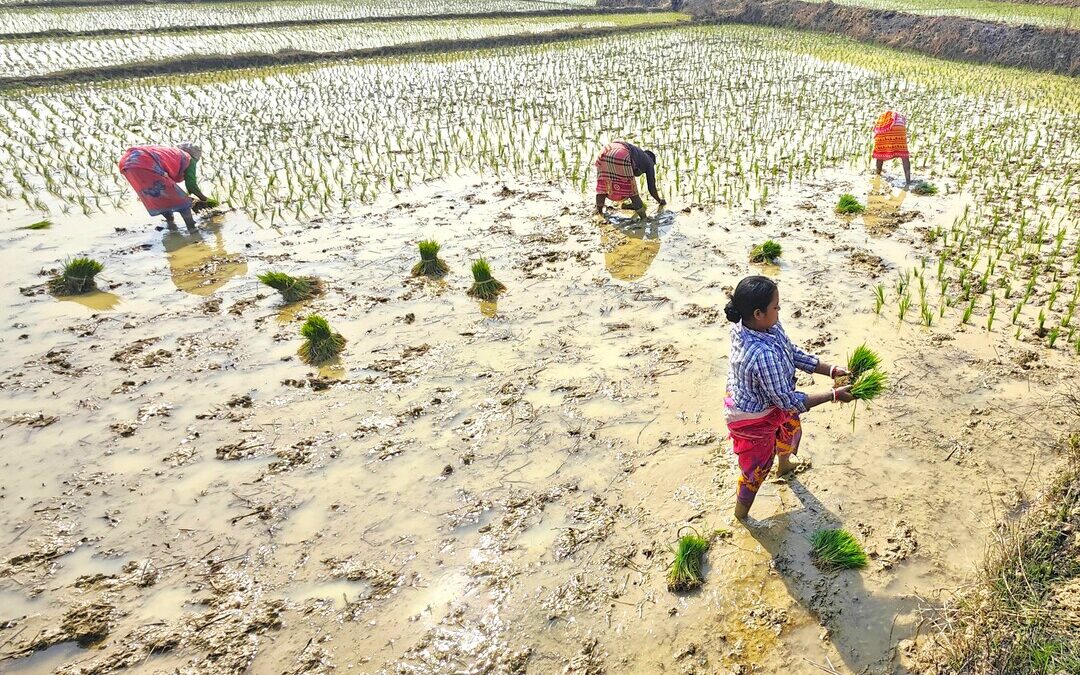India Moves to Strengthen Farm Disaster Preparedness as Climate Risks Rise
India’s farm leaders push proactive policies and technology to tackle climate risk and safeguard agricultural resilience.
India’s Agriculture Ministry and the National Institute of Disaster Management on Friday convened a workshop to strengthen disaster resilience in farming as climate risk increasingly threatens the sector.
Policymakers, scientists and field experts gathered at the Dr. Ambedkar International Centre in New Delhi to address vulnerabilities in agriculture. Officials urged a shift from reactive crisis response to proactive risk management.
“More than 68 percent of India’s cropped area is drought-prone. We must use technology and data to protect farm incomes,” said Pramod Kumar Meherda, additional secretary at the Agriculture Ministry.
Technology and Policy Integration
Madhup Vyas, executive director of NIDM, called for climate risk reduction to be embedded in agricultural policies. Rajendra Singh of the National Disaster Management Authority added that hazards such as cold waves and hailstorms remain poorly managed.
Speakers emphasized the need for multi-hazard preparedness, highlighting gaps in existing systems. Officials underscored that cross-sector collaboration will be vital to strengthening resilience.
Expert Panels Issue Key Recommendations
The event featured four technical sessions chaired by leading scientists. India Meteorological Department chief Mrutyunjay Mohapatra led a discussion on updating the Drought Manual 2020.
He recommended the use of remote sensing and artificial intelligence to improve drought monitoring.
A panel on pest outbreaks, chaired by S. Bandyopadhyay of the Mahalanobis National Crop Forecast Centre, proposed a national surveillance system with real-time advisories for farmers.
Cold wave guidelines were reviewed by Mangi Lal Jat, head of the Indian Council of Agricultural Research. He urged the adoption of cold-tolerant crop varieties and stronger state-level action plans.
Meanwhile, A. K. Nayak, Deputy Director General at ICAR, chaired talks on hailstorm preparedness. Recommendations included expanding insurance coverage and deploying impact-based weather forecasts.
Government Signals Next Steps
In his valedictory address, Agriculture Secretary Devesh Chaturvedi pledged that recommendations from the workshop would shape a new policy framework.
“The real success will lie in empowering farmers with timely information and resources,” said Krishna S. Vatsa of the NDMA. He stressed that collaboration among agencies will be crucial to bridging last-mile gaps.
The workshop, officials said, laid the groundwork for a comprehensive strategy to safeguard India’s farming community against escalating climate risks.
Also Read:
India Expands Natural Farming and AI Adoption in Agriculture
Nirmal Menon
Related posts

Subscribe
Error: Contact form not found.


